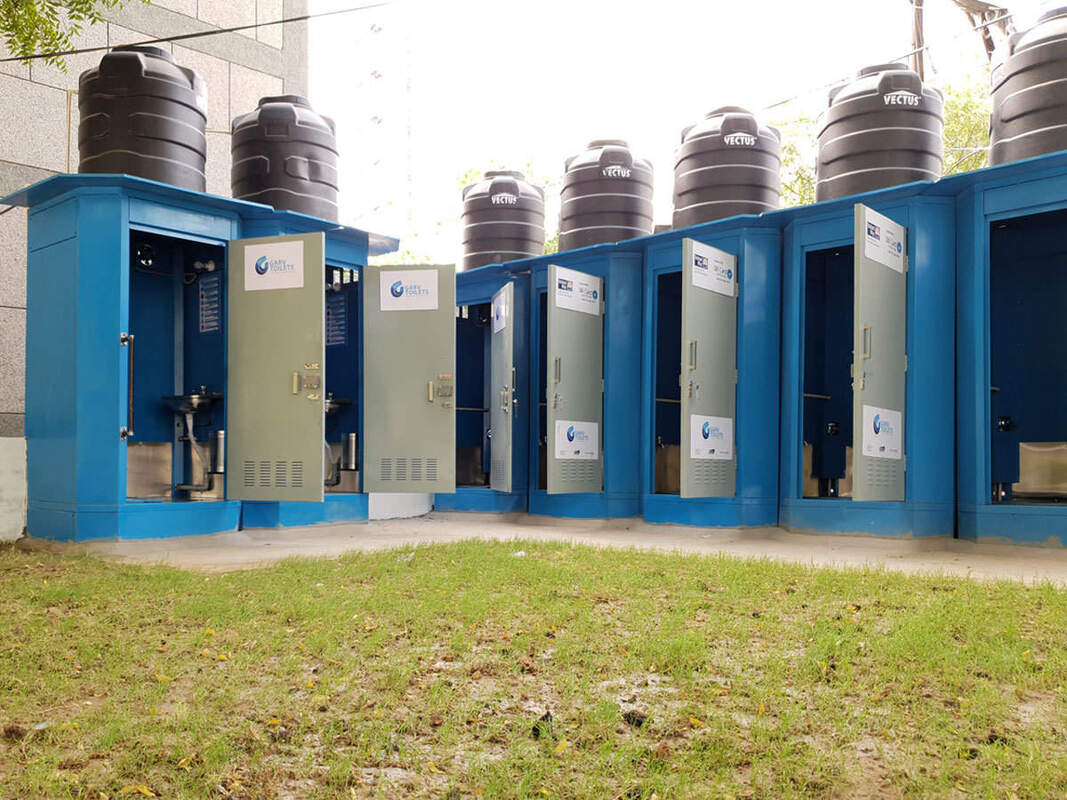“India Launches First ‘Waste-to-Fuel’ Sanitation Plant in Mumbai to Power Public Toilets”
In a groundbreaking development for urban sanitation and sustainability, Mumbai has inaugurated India’s first “Waste-to-Fuel” sanitation plant, which will generate biofuel from organic waste collected from public toilets. This unique facility, located near Dharavi, one of Asia’s largest urban slums, is designed to tackle waste management issues while generating clean energy to power public sanitation facilities across the city.
The plant processes waste using anaerobic digestion, breaking down organic materials to produce biogas that can be converted into fuel to power public toilets and provide clean energy for street lighting. This sustainable model not only addresses sanitation waste but also reduces reliance on traditional fuel sources, lowering carbon emissions and promoting cleaner urban spaces. Municipal officials report that the biogas generated from waste is enough to power 200 public toilets and several hundred streetlights, reducing overall operational costs and improving hygiene standards in high-traffic areas.
With Mumbai’s success, other cities like Delhi, Hyderabad, and Chennai are considering similar waste-to-fuel plants, with plans underway to scale this solution across the country. The initiative is expected to significantly improve urban sanitation by minimizing the strain on sewage systems, reducing landfill waste, and creating a sustainable energy source for city infrastructure.
Experts believe that this innovation in waste-to-fuel technology can play a major role in achieving India’s “Swachh Bharat” and renewable energy goals. It demonstrates how smart urban planning and eco-friendly technology can come together to address two critical challenges: sanitation and sustainable energy.
